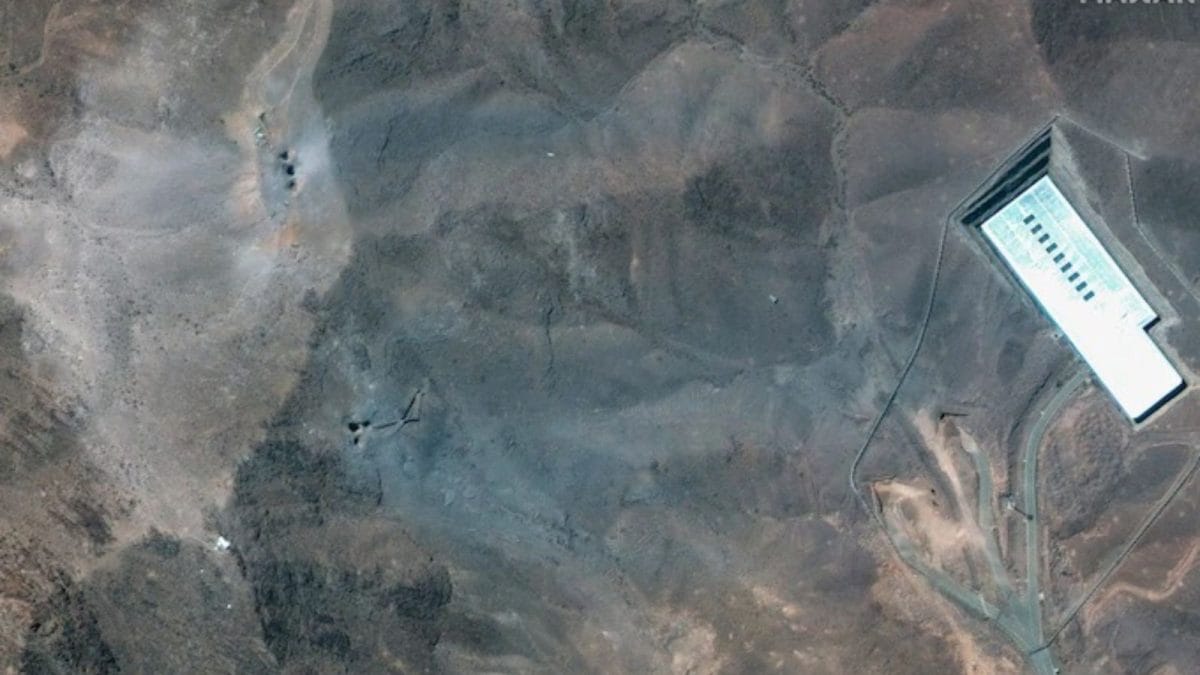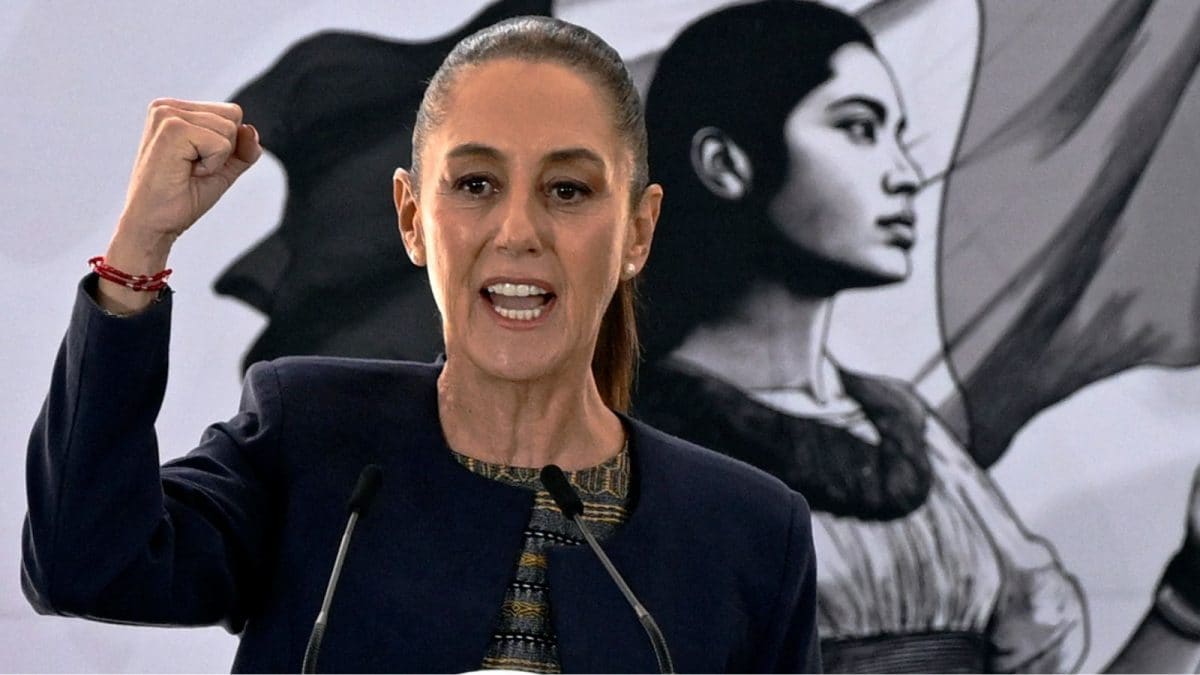ARTICLE AD BOX

Many people dream about overcoming their negative emotions, changing their dysfunctional thought patterns, pushing reset button and starting life afresh. These individuals seek freedom from depression, anxiety, inertia and anger and wish to attain that state of mind where the traumatic past no longer confines them. The weariness of suffering and hardships they have endured is too heavy to carry and they hope that some good luck of fate or a divine intervention will come to their rescue. But for many the wait continues to be very long and there is no respite from emotional pain.Psychological trauma
can have long-term devastating effects on our physical and
mental health
, leading to a range of complex symptoms and difficulties. Interestingly, it is not the objective circumstances of an event which determine the intensity and severity of trauma, but the person's psychological perception of the event. What is traumatic for one person may not be equally traumatic for the other. Moreover, we all have an often-overlooked
inner resilience
- a force that can mitigate all negative impact of trauma and help us heal completely. Even in most adverse circumstances, we have sufficient inner resources to restore, grow and transform.Victor Frankl
, a holocaust survivor and an existential psychologist believed that to accomplish this, we must rewire our attitude and overcome the feeling of being a passive and a hapless victim. Till the time we let ourselves be governed by our victim mindset, we resist taking up responsibility, letting go of pain and moving forward. We continue to blame our past for all our current problems and want the whole world to sympathise with us, comfort us, compensate us and mollycoddle us. All subsequent failures in receiving this care strengthen our feeling of victimhood, reaffirm our belief that we are very weak and that the world has wronged us. Consequently, we let our 'present' wither away and constantly seek that intangible 'future' where everything will be all right almost magically. Unfortunately, that 'future' continues to be elusive, and our
victim mindset
pushes us further towards self-destruction, alienation and a meaningless existence.An old Buddhist tale of two arrows enlightens us about the impact of trauma and how to cope with it. Once there was a man who ventured into a forest and was accidently shot in the arm by a hunter. While the hunter ran away in fear, the man realised that he was badly hurt and his hand was bleeding. His mind was overcome by painful thoughts of not getting any help, feeling angry towards the callous hunter, complaining to God for not helping him, losing his arm, losing his life and dying in loneliness. While the first arrow was shot by the hunter, the second arrow was the arrow of fear, anger and pity that the man was firing at his own self. These negative thoughts were clouding his mind and preventing him from saving his life. All that he needed to do during that time was to keep calm, believe in himself, hold on to his faith in the Divine and focus all his energy in getting help as quickly as possible. A lot can be accomplished when we find a way to rethink, remould and transform our victim mindset.Authored by: Pulkit SharmaThe writer is a clinical psychologist based in Puducherry
Why Arjun Was Chosen: The Untold Secret of Bhagavad Gita Chapter 4, Verse 3



.png)
.png)
.png)
















 4 hours ago
4
4 hours ago
4









 English (US) ·
English (US) ·